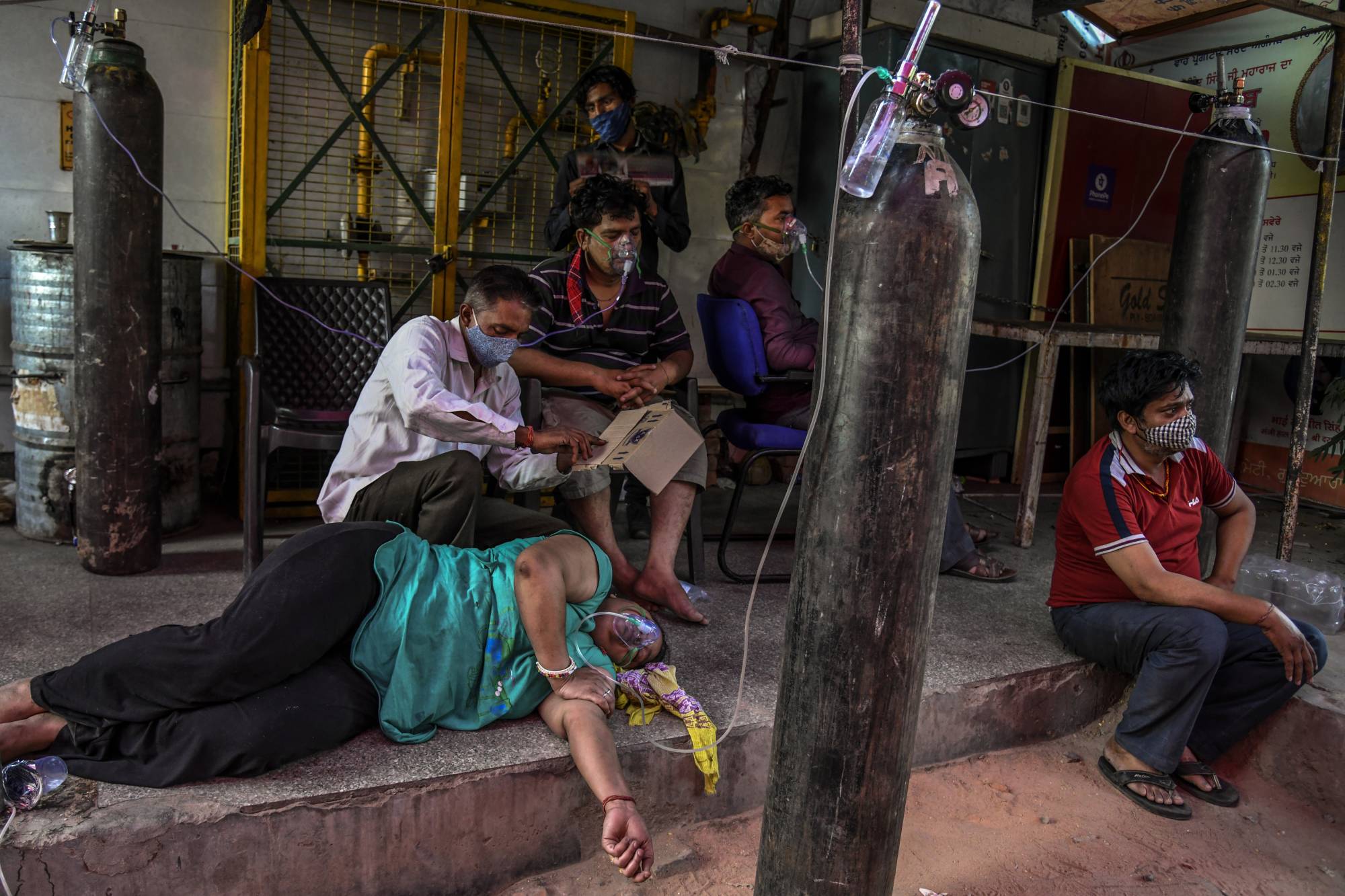For months, developed economies have hoarded COVID-19 vaccines and the raw materials needed to make them. Now, they’re being forced to act as an explosive outbreak in India raises the risk of new virus mutations that could threaten the wider world.
Under mounting criticism for dominating vaccine resources, the U.S. said this week that it will help India by sending items needed to manufacture vaccines as part of an aid package. European countries are also pledging help as new cases in the South Asian country smash world records. U.S. President Joe Biden’s administration is separately vowing to share its stockpile of AstraZeneca PLC vaccines — which the U.S. hasn’t even approved for use — and meeting with drug companies about boosting supply and waiving intellectual property protections on COVID-19 shots, a shift India and South Africa have been pushing for.
The moves show a growing realization that the vaccine nationalism many wealthy nations have embraced has the potential to backfire, prolonging the pandemic. While those countries have been cornering supplies of the first vaccines for their world-leading rollouts, places like India have run short, allowing the virus to run wild. Some scientists have linked the nation of 1.3 billion people’s second wave to a more virulent strain, with the out-of-control outbreak providing a petri dish for further mutations to evolve that could challenge the vaccines now being distributed from the U.K. to Israel.



















With your current subscription plan you can comment on stories. However, before writing your first comment, please create a display name in the Profile section of your subscriber account page.